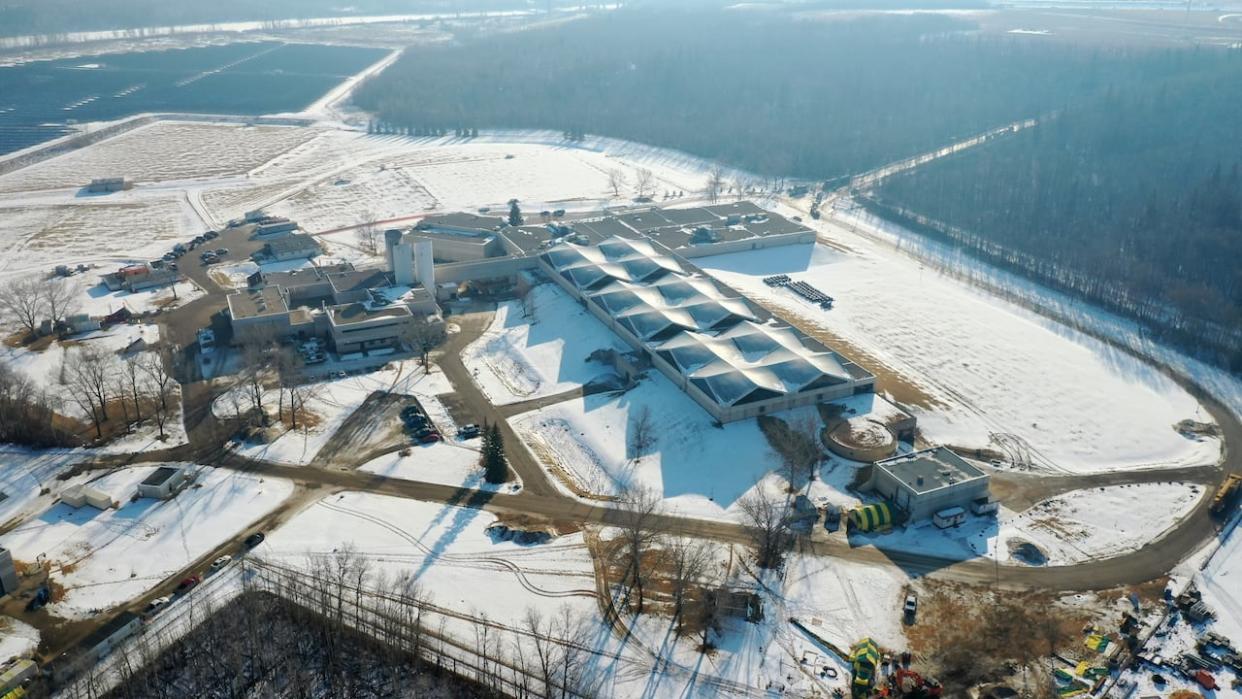Car washes unfairly targeted by Edmonton water ban, city councillors told at utility committee

Car wash operators in Edmonton say they were unfairly targeted in Epcor's ban on non-essential water use earlier this year, city council's utility committee heard Monday.
Epcor issued the ban on Jan. 29 after it detected two major malfunctions in its electrical cable system at its E.L. Smith water treatment plant, one of two in the city.
The crux of the problem was corrected and the ban lifted four days later, with Epcor continuing to make adjustments at the plant.
At the meeting Monday, Epcor representatives reported that customers in the region used 10 per cent less water over five days, a reduction of more than 100 million litres.
The average demand for water in the region is 375 million litres a day, Epcor said.
"The community made a huge difference in this event and every drop did count and we really do appreciate the efforts that everyone had undertaken through this," said Vicki Campbell, Epcor's director of Water Treatment Plants,
Several businesses told the utility committee Monday that they were ordered to stop operating during the ban and, in turn, lost money.
Natasha Toffoli, who runs seven car washes in Edmonton, St. Albert and Sherwood Park, said they stopped operations and felt the hit.
"'Thank you' doesn't pay the bills for our operators or our employees," Toffoli told the committee.
The 43-year-old family-run business employs about 200 employees, she said.
"The criteria used to determine the shutdown lacked clarity, seemingly random and unfairly singling out car washes, as if these businesses are expendable."
Michael Seib, who owns a car wash, said he got a call late at night ordering him to stop using water in the morning.
He questioned how the utility determined what is a non-essential service.
"Is making concrete essential, construction essential, is manufacturing essential? How come they weren't shut down?" he asked.
"As far as I know the city didn't shut down its pools, its changing rooms, its showers, or do anything like that."
Toffoli and Seib were among several who asked for compensation for lost revenue, but committee heard that Epcor was not considering compensation to the businesses.
Frank Mannarino, senior vice president of Epcor Water Services, said he understands criticism about how Epcor communicated with businesses.
"We totally take that feedback and we're happy to work with them to discuss how we could improve that communication, no question."
Large water users curtailed their operations voluntarily, he said and it wasn't just one industry.
"That included in particular, the brewery industry, and so it isn't just one industry. There are a number of industries that worked with us."
What happened
Epcor estimates damages will be approximately $500,000 but doubts it would directly affect customers.
Water started to leak into an underground electrical vault after a seal failed to work, Craig Bonneville, Epcor's director of engineering and technical services, explained.
Then, water contacted 5000-volt electrical cables that didn't have adequate protection from moist or wet environments.
"Specifically, a splice or connection point on the cable was not insulated," Bonneville said.
The utility has since replaced the seal and installed additional monitoring sensors, he said.
He said the investigation revealed that part of the equipment had been there since the plant opened in 1976.
"These unprotected cables in this place have since been replaced," Bonneville added.
Jim Becket, the city's utility advisor, said advanced planning should be in place, in case another older piece of equipment malfunctions.
"It's a low probability event, it's very difficult to forecast all of the potential single points of failure."


